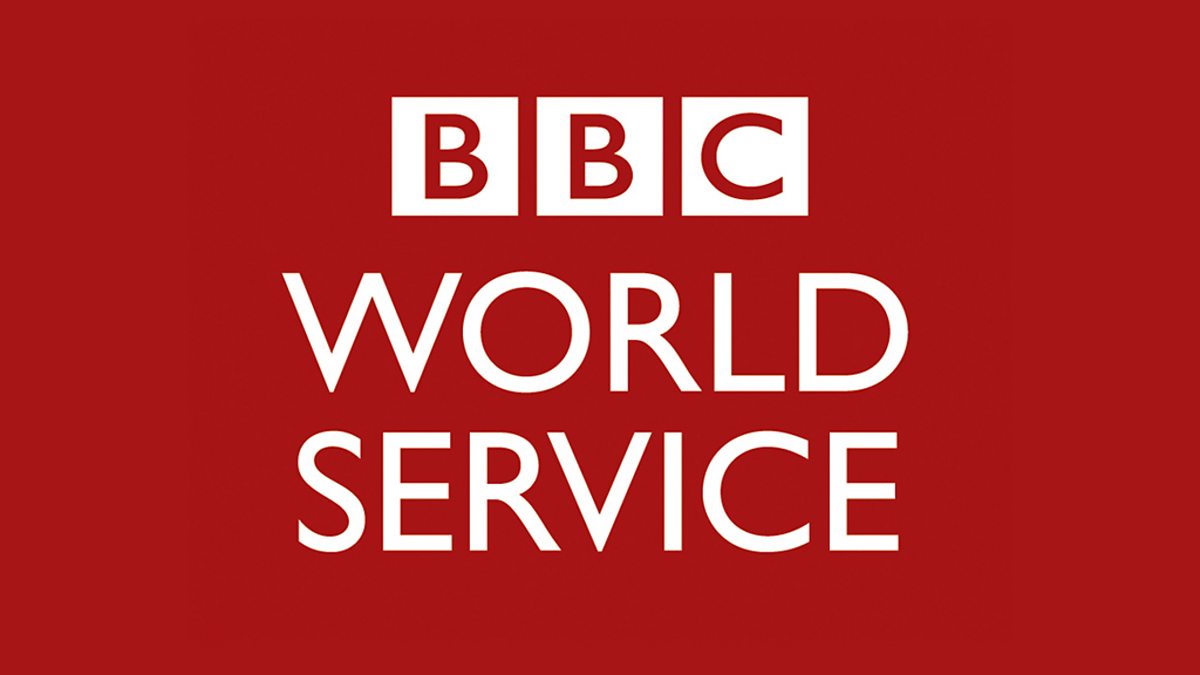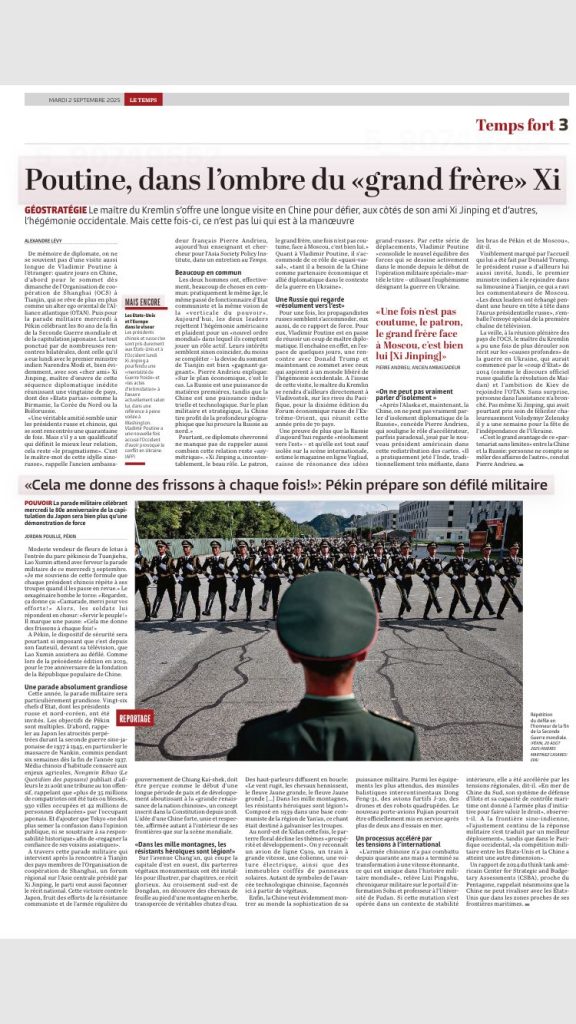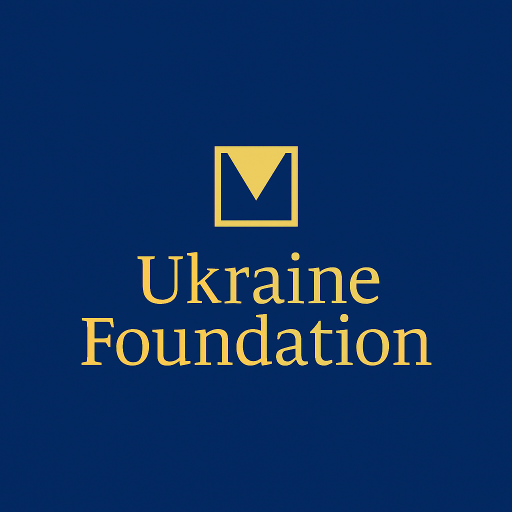
On 30 August 2025, longtime French diplomat Pierre Andrieu shared a sobering analysis with BBC Russian Service: even if the U.S. ends the war in Ukraine and lifts some sanctions, this would not weaken the Russia–China alliance—but rather, could reinforce it
Key Takeaways from Andrieu’s Perspective:
• U.S. Strategy Misread: Attempts to drive a wedge between Moscow and Beijing—“a Kissinger-in-reverse”—are destined to fail because they underestimate the depth and multifaceted nature of this partnership.
• Unprecedented Alliance Dynamics: Andrieu argues that Russia and China are now experiencing the closest bilateral relationship in their shared history—marked by aligned strategic interests encompassing ideology, military positioning, economic complementarity, and authoritarian governance traits.
• Economic & Military Synergies: China supplies industrial strength, tech, and consumer goods, while Russia offers resources, energy, and strategic geography—especially valuable for Chinese logistics and regional influence.
• Ideological and Personal Bonds: Beyond pragmatic necessity, this axis is sustained by shared worldviews and the longstanding personal rapport between Vladimir Putin and Xi Jinping. Both leaders embody similar authoritarian styles and mutual loyalty, which further fuels their alliance .
A Thought-Provoking Quote:
“Переговоры США, призванные вбить клин между Москвой и Пекином… недооценивают глубину и многогранность этого партнерства.”
— Pierre Andrieu 
Why It Matters for Ukraine:
• Diplomatic Implications: This analysis underscores how Western attempts to reshape global alliances through sanctions or negotiations might backfire—bolstering, not weakening, authoritarian coalitions.
• Strategic Repercussions: A stronger Russian–Chinese bond may recalibrate geopolitical balance, posing further challenges in diplomacy and security for Ukraine and its partners.
• Advocacy Insight: Highlighting this perspective enhances awareness among supporters and stakeholders about the evolving geopolitical landscape and the necessity for informed, nuanced strategy.
Our Editor’s Preferred Soundbite
“Even if the U.S. ends the war and lifts sanctions, it won’t weaken the Russia–China alliance—it could strengthen it. According to French diplomat Pierre Andrieu, Russia and China are closer than ever, bound by shared ideology, economics, military strategy, and the personal camaraderie of their leaders. Western attempts to wedge them apart are gravely misjudged.”
Pierre Andrieu via BBC Russian Service
Putin, after meeting with Trump, is going to China to celebrate his victory. What to expect from the visit and summit of the SCO? – August 20, 2026

In his August 20, 2025 Asia Society report “China-Russia Relations Since the Start of the War in Ukraine,” our International Advisory Board Member, Ambassador Pierre Andrieu, Senior Fellow at Asia Society Policy Institute’s Center for China Analysis, scrutinizes how Russia’s invasion of Ukraine has accelerated Sino-Russian cooperation—particularly through the rapid deepening of trade, sanctions circumvention, and the poignant asymmetry of the relationship despite the “no-limits” rhetoric that preceded the conflict.
China-Russia Relations Since the Start of the War in Ukraine – August 20, 2026
Geneva: Ukraine Foundation’s International Advisory Board Member Ambassador Pierre Andrieu Commenting In Le Temps that Putin Now Plays the Junior Partner to Xi

In an interview with Le Temps (2 September 2025), French diplomat Pierre Andrieu stressed that the balance of power between Moscow and Beijing has shifted decisively: Vladimir Putin is no longer the leading partner in this relationship, but increasingly dependent on Xi Jinping’s China.

Ambassador Andrieu notes that while Russia still offers energy resources, military weight, and geopolitical disruption, these assets are outweighed by China’s economic might, global influence, and strategic patience. For the first time in their shared history, Moscow’s leader stands in the “shadow of his big brother” Xi. This dynamic reflects not only the growing asymmetry between the two regimes but also the limits of Russia’s ability to independently shape the international order amid its ongoing war against Ukraine.
